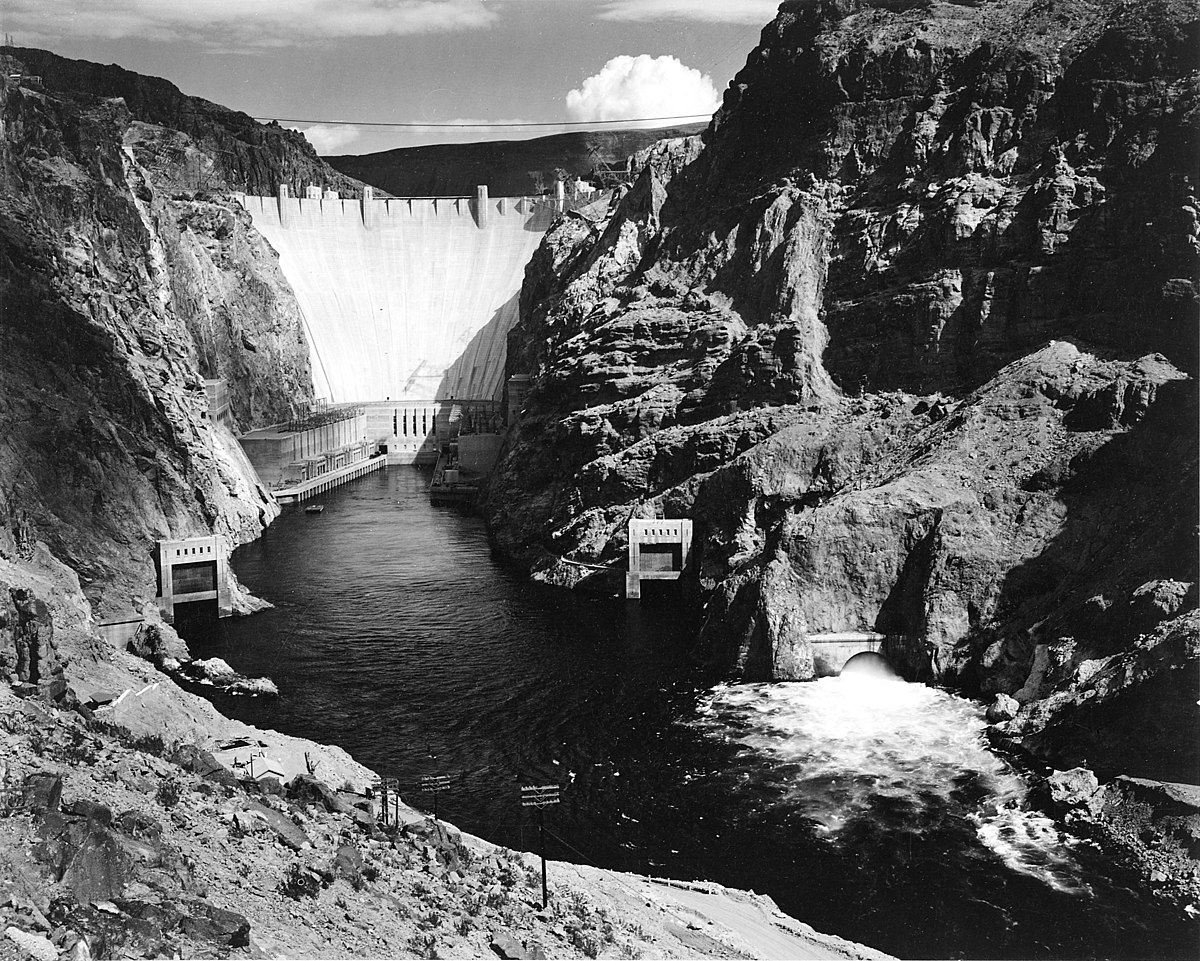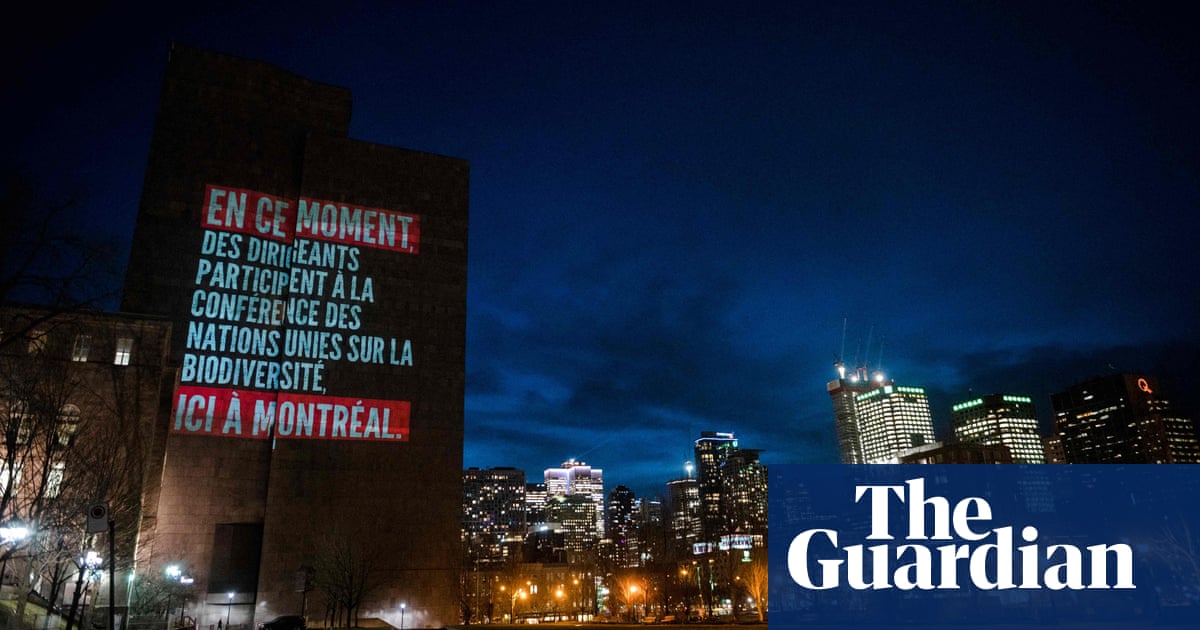mspohr
Well-Known Member

Big polluters given almost €100bn in free carbon permits by EU
Free allowances ‘in direct contradiction with the polluter pays principle’, WWF report says
Big polluting industries have been given almost €100bn (£86bn) in free carbon permits by the EU in the last nine years, according to an analysis by the WWF. The free allowances are “in direct contradiction with the polluter pays principle”, the group said. Free pollution permits worth €98.5bn were given to energy-intensive sectors including steel, cement, chemicals and aviation from 2013-21. This is more than the €88.5bn that the EU’s emissions trading scheme (ETS) charged polluters, mostly coal and gas power stations, for their CO2 emissions.




